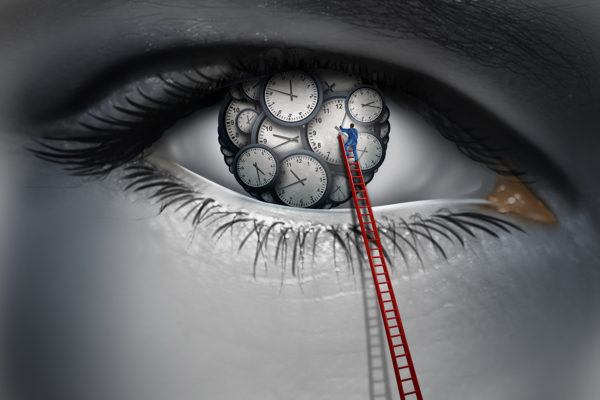In sync: How cells make connections could impact circadian rhythm
If you’ve ever experienced jet lag, you are familiar with your circadian rhythm, which manages nearly all aspects of metabolism. Every cell in the body has a circadian clock, but until now, researchers were unclear about how networks of cells connect with each other over time. Researchers at Washington University in St. Louis and collaborating institutions have developed a new method that sheds light on these circadian rhythm networks.
Protein found that rallies biological clock
Eric ChouTesting the wake-sleep cycleA biologist at Washington University in St. Louis and his collaborators have identified the factor in mammalian brain cells that keeps cells in synchrony so that functions like the wake-sleep cycle, hormone secretion and loco motor behaviors are coordinated daily.
Chaos = Order: WUSTL physicists make baffling discovery
“Da police are not here to create disorder; dere here to preserve disorder.” — Richard J. Daley, Chicago mayor, explaining to the media the role of the police during the riotous 1968 Democratic National Convention.
David Kilper/WUSTL PhotoThe order team.Police keep order. That’s why, for example, they issue tickets for “disturbing the peace.” Thus the only logical conclusion to Mayor Daley’s famous quote above — other than dismissing it as the result of a tangled tongue — is sometimes disorder spawns order. Sounds impossible, right? Wrong. According to a computational study conducted by a group of physicists at Washington University in St. Louis, one may create order by introducing disorder. More…

